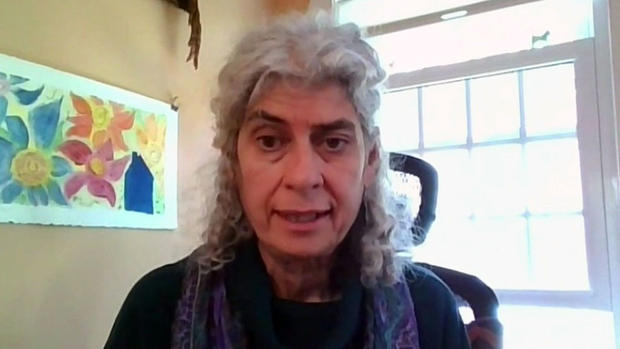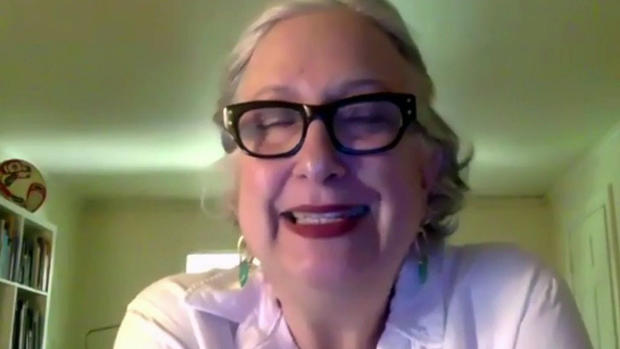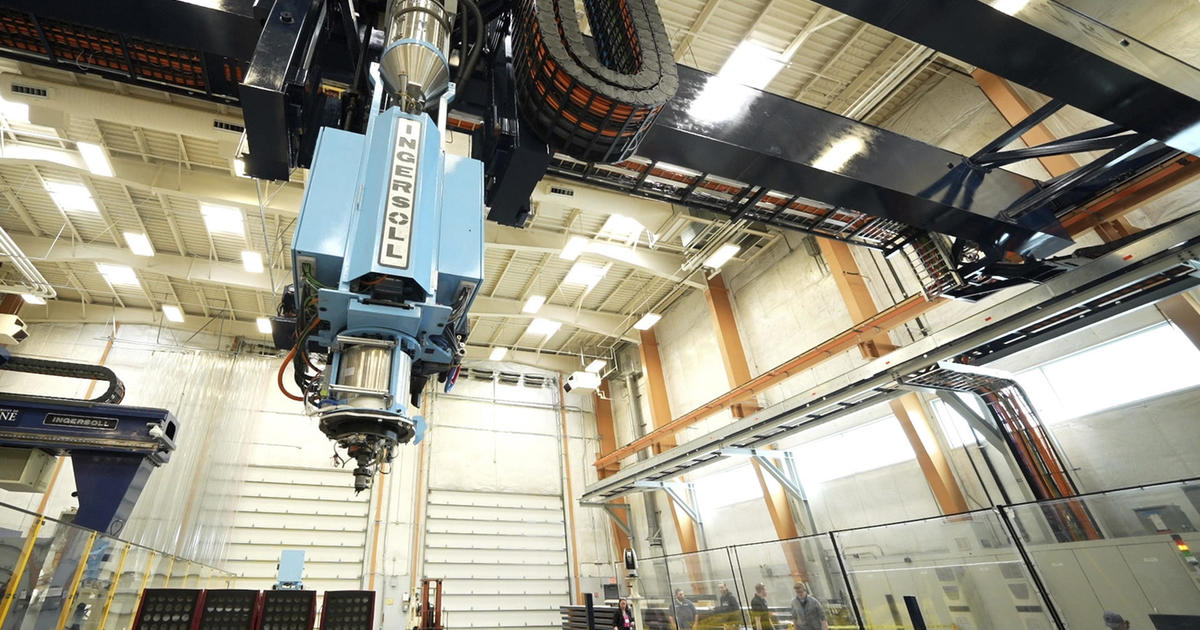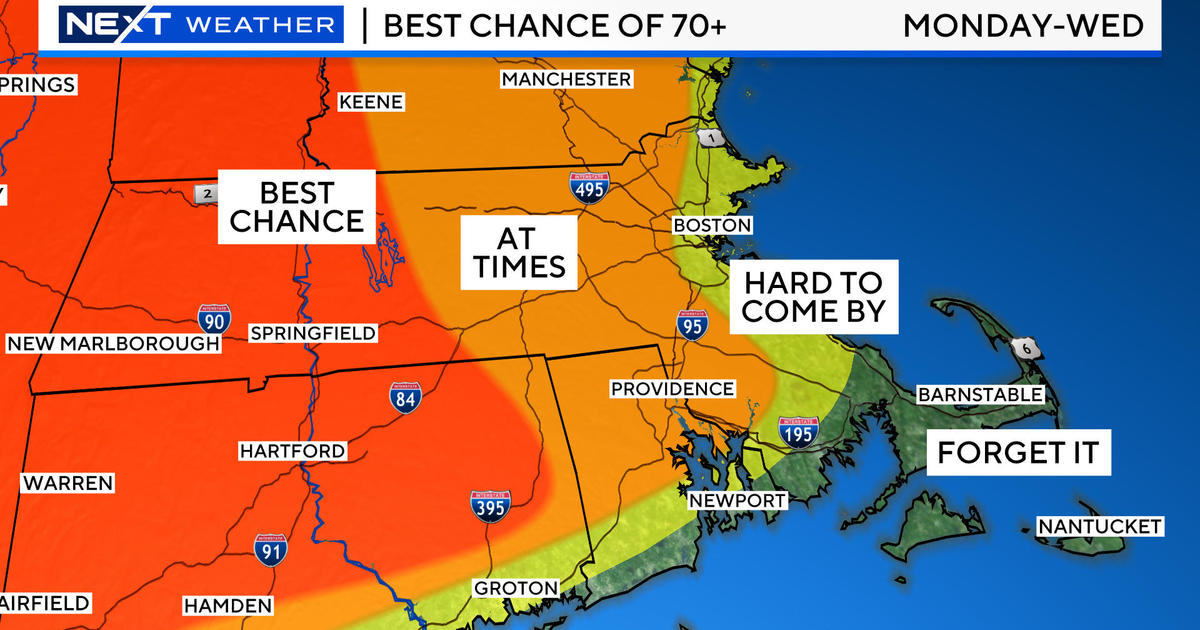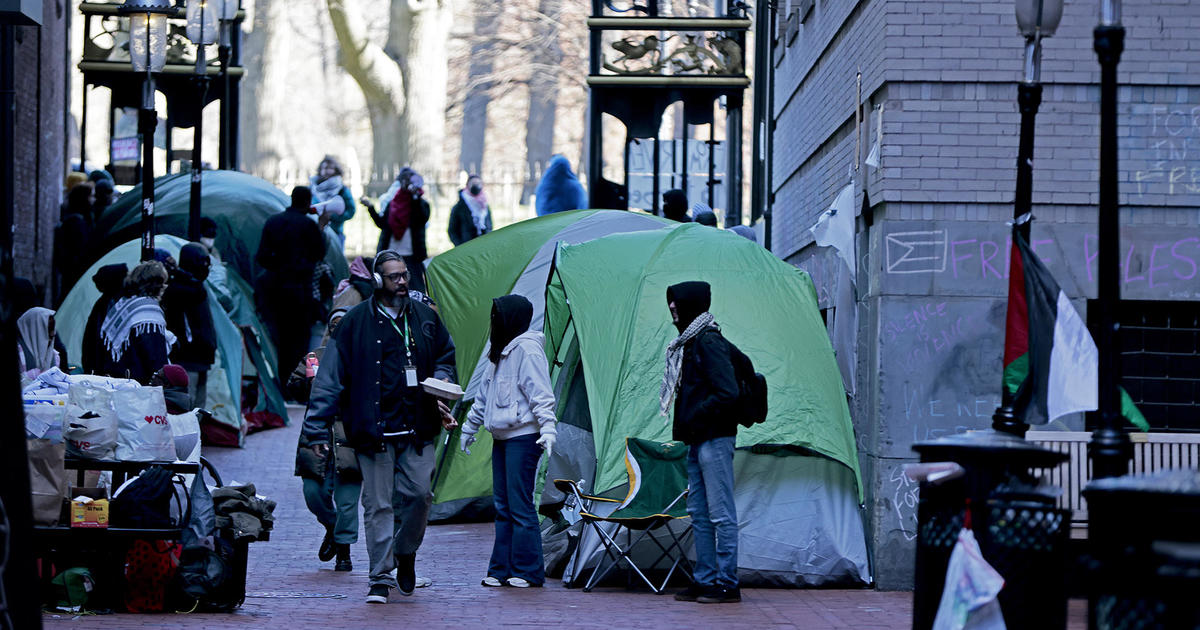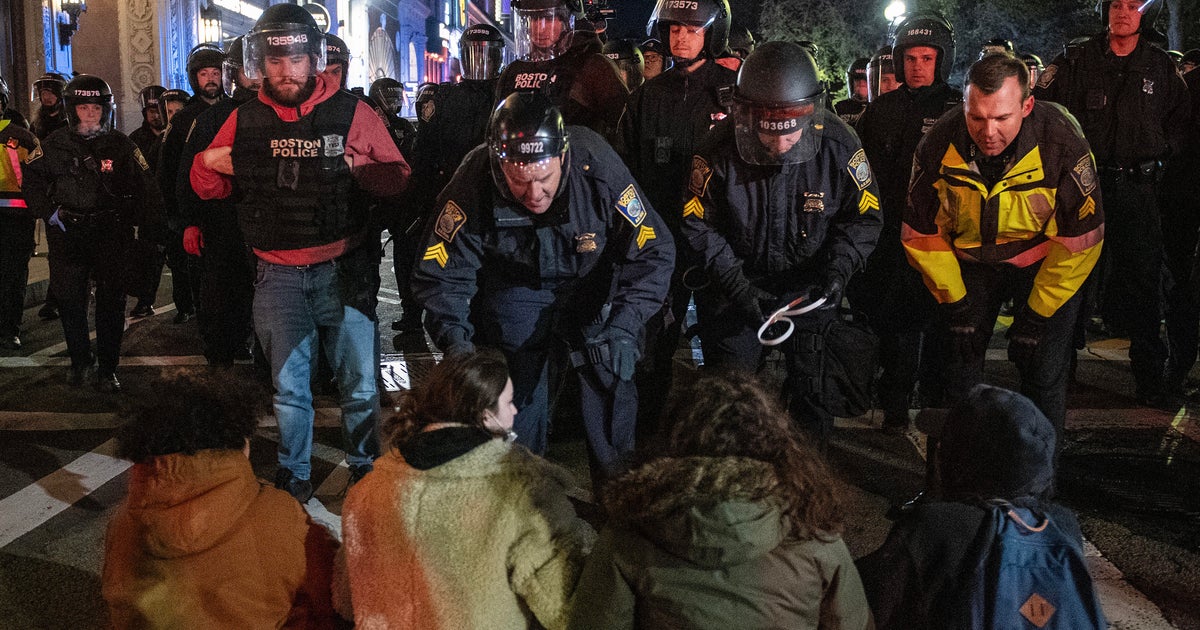As Coronavirus Threatens Sense Of Security, Some - Including Doctors - Turn To Art Therapy
BOSTON (CBS) - Since the pandemic started in March, most of us have experienced a range of emotions. Processing those emotions can be challenging —particularly for frontline workers who may not have an outlet for grief, anxiety or fear.
Registered Expressive Arts Therapist Jennie Kristel knew that what she needed in that period of uncertainty was art. "I needed to get into the studio. I needed to make art. I wanted to do it with others. I wanted to share the experience I was happy to facilitate that."
She offered a Zoom arts therapy workshop and the response was "huge." Each session was comprised of roughly four to six people. Participants met weekly, meditated, created art and discussed it. Conversations touched on questions about the "new normal" and how to deal with loss. The experience of coming together in a crisis that forced people apart forged a sense of community.
The idea was simply to create; to set aside time for self-care in an activity offering spontaneity, creativity and expression. "If your heart could speak, what would it say? What would it look like? We let the art speak for ourselves.… We're all in this together," Kristel said.
Art, she explained, allows us to express the inexpressible. Letting go of self-judgment makes it possible to play with color, texture and ideas. "For me, the expectation isn't that we're making art and it had better be beautiful. Take that out the window," she laughed. "Come as you are wherever you are."
When fellow arts therapist and Lesley University faculty member Ara Parker, RCAT, learned of Kristel's workshop, she jumped at the chance to participate. The experience also gave her an idea. She had seen the power of art therapy for doctors in her native Canada and decided to offer her own sessions — pro bono — to Canadian medical workers. She asked only that they make a donation, if they were able, to Doctors Without Borders or a charity of their choice.
"Doctors are working in their mind so much of the time. Being scientists, that's their training. The ones that never explored their artistic side were hungry for the opportunity to balance out their feelings … the arts really helped them with that."
Parker said the therapy offers several levels of benefit. "The art-making itself," Parker explained, "can be very cathartic. … Inevitably one feels a shift after doing that work. It can happen in a moment. It can happen because of something a member of the group said in response to your art. The feeling of being seen and heard and understood — or being given a new perspective on something you're experiencing — is invaluable."
Both Kristel and Parker explained that the process of making art — in a group — can release negative emotions in a healthy way that allows for a feeling of ease and peace.
"It's no longer inside us," Kristel said. "Take a deep breath into a new place that doesn't have to have those myriad worries and fears."
An added benefit, they agree, is tapping into that sense of peace after the sessions as well. Parker said she recently received an e-mail from a doctor who participated and used the experience to de-stress on a particularly tough day. "She just went to her office … lit a candle, looked at the art she had created and immediately felt better. Her anxiety was able to come down. She was able to …regulate her feelings, which is something that happens to all participants in an arts therapy group. But to be able to do it so quickly — in the midst of a very difficult day — helped her deal with her next patient."
